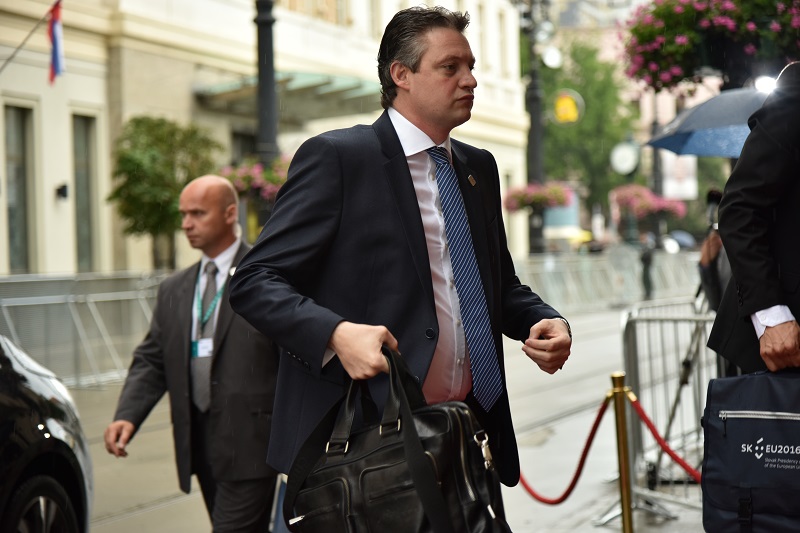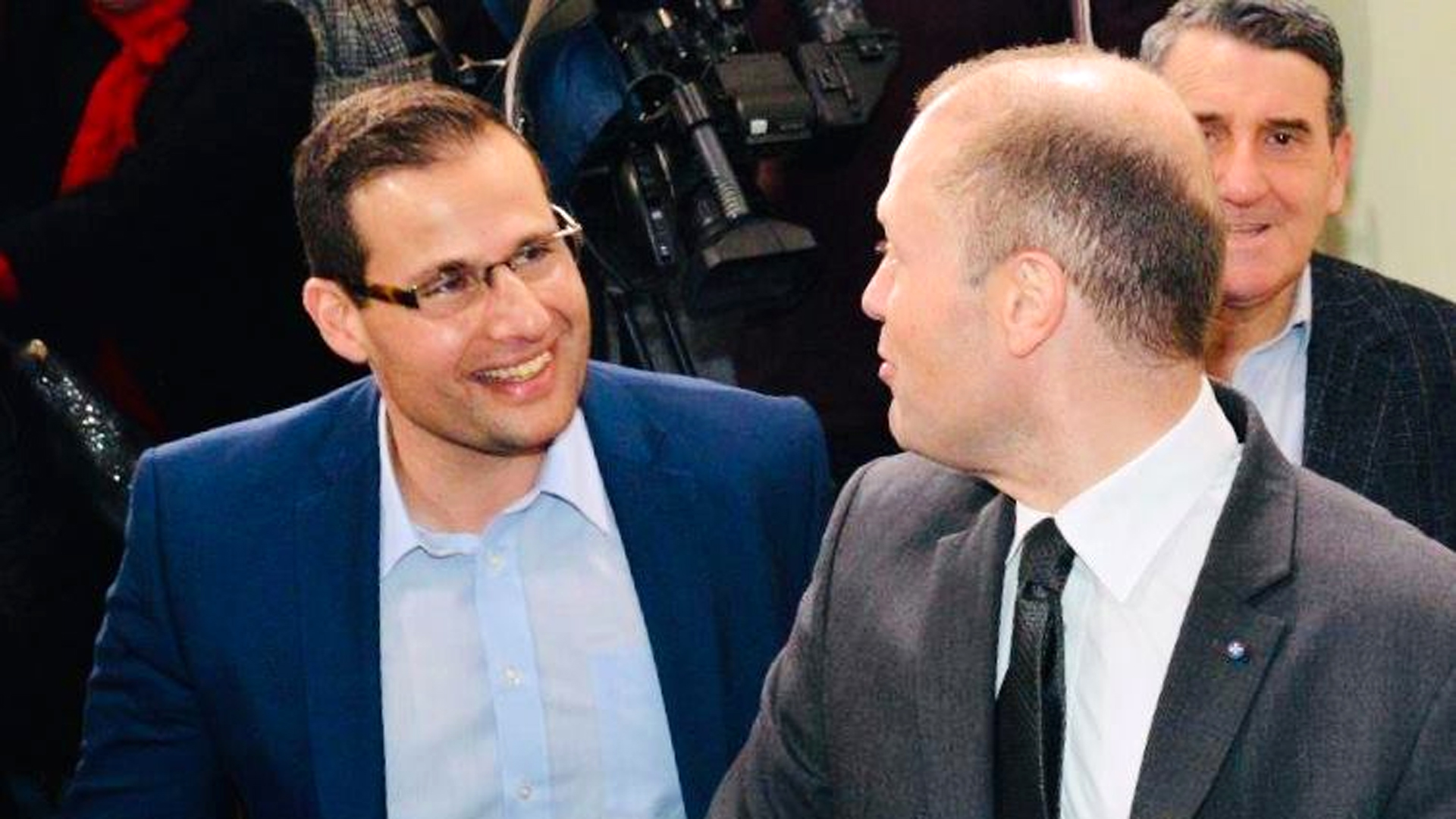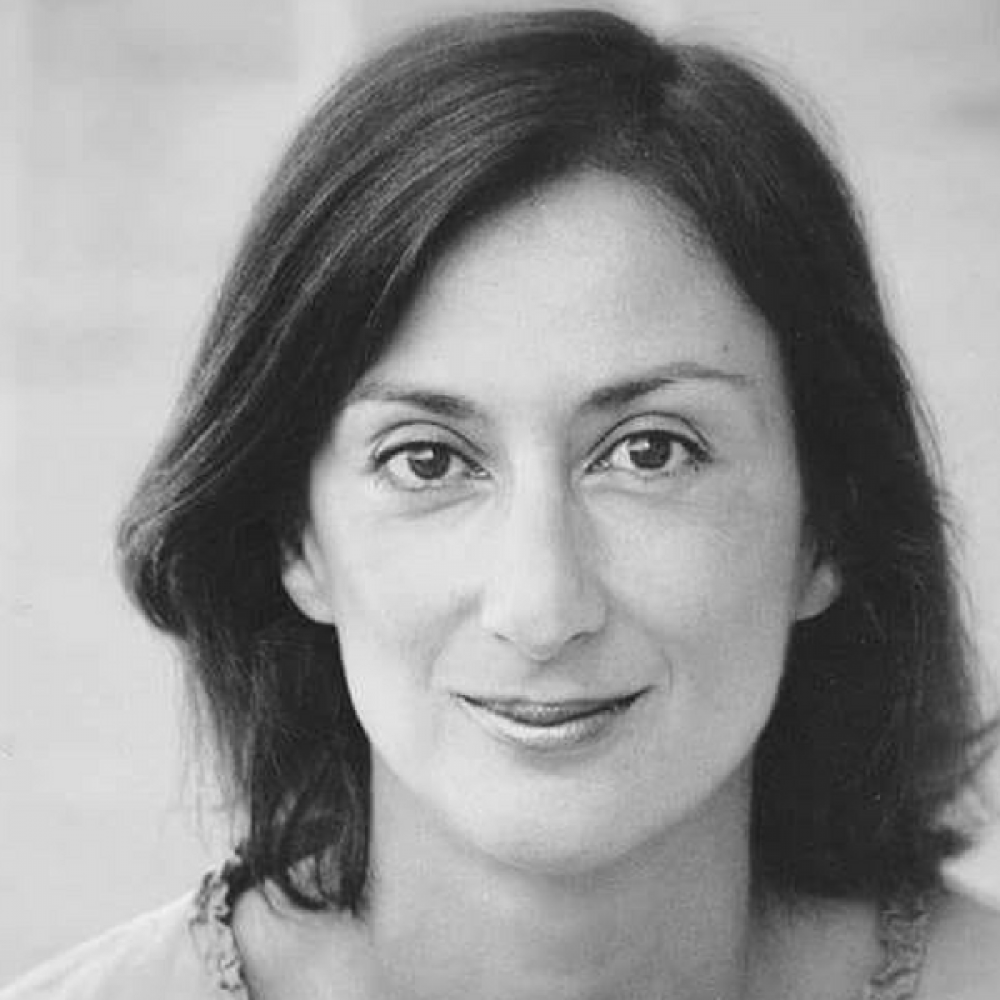As 2020 draws to a close, we want to take a step back to assess what light the independent public inquiry shed on revelations made by Maltese journalist Daphne Caruana Galizia before she was brutally murdered in October 2017.
It’s increasingly obvious that Daphne was right when she said ‘The Panama Plan’ was the first step in a much larger scheme.
In early 2016 she revealed that prime minister Joseph Muscat’s chief of staff Keith Schembri and his star minister Konrad Mizzi had opened secret Panama companies, with the help of accounting firm Nexia BT, within hours of winning the 2013 election.
She did this by teasing the exposé that would follow by the International Consortium of Investigative Journalists (ICIJ), for which her son, Matthew Caruana Galizia, also a journalist, worked. The ICIJ won a pulitzer prize for the investigative work.
At the time, the former prime minister had put Mizzi – the face of the new energy deal that is now linked to her assassination – in charge of a combined Ministry for Health and Energy — the two portfolios with public assets that ended up drained amid allegations of corruption and kickbacks.
Despite being demoted to Minister Without Portfolio, although still sitting in the Office of the Prime Minister, after Daphne exposed his secret offshore structures, Mizzi was still tasked with carrying through the very same corrupt deals he’d been in charge of before the scandal erupted.
Tentacles of corruption spread through every root and branch of the Muscat government, but the centrepiece of the plan was the power station project that was Labour’s key campaign promise.
“It materialised in a few weeks from nothing, with people and specifications,” former chief justice and member of the public inquiry board Joseph Said Pullicino said.
Daphne was investigating a leak she received of thousands of emails linked to the Electrogas energy deal – a key commitment of the Party in government – at the time she was killed. The man now accused of commissioning her brutal death to silence the story, Yorgen Fenech, was the Labour Party’s key mover in the deal. He told the court that the former prime minister’s right hand man, Keith Schembri, was involved.
On 26 May 2017, Daphne revealed a company called 17 Black was at the centre of it all. She knew it was used to transfer illicit funds related to Electrogas from an Azerbaijani businessman, and that it was linked to Schembri and Mizzi’s Panama structures.
But she had not yet found out that Yorgen Fenech owned it.
Cross-border collaborative efforts by investigative journalists after her death eventually revealed the owner of the mysterious Dubai company that was set to send kickbacks to companies owned by Schembri and Mizzi.

He was the island’s richest oligarch and in December 2019 he would be arrested and charged with masterminding her murder.
Despite former prime minister Joseph Muscat and his closest aides denying they knew who owned the controversial company, their testimonies during the public inquiry showed they had misled the public. These are shocking revelations in a context where suspicions of government involvement in the journalist’s assassination are increasingly real.
Her death occurred at a critical moment when the government’s financial backing of the deal through a State guarantee was critical. If Electrogas had gone bankrupt — if Daphne had scared off investors by exposing the company’s dire financial situation, and government collusion and kickbacks at every stage of the deal — then Malta would have been on the hook for the astronomical debts of a private company.
The refinancing was successfully concluded just weeks after the journalist’s death in a massive car bomb a few metres away from her home. Her last words were, “there are crooks everywhere you look, the situation is desperate”.
The other corrupt deal supervised by Konrad Mizzi saw a conglomerate with no prior experience in the field given a lucrative contract to run three public hospitals.
Daphne exposed the plan to sell the hospitals, and the main players behind Vitals Global Healthcare, including Indian-Canadian fraudster Ram Tumuluri. She also revealed details of the contract, including the fact that the government was paying VGH $55 million/year for operational expenses.
The Shift pursued the story, reporting that former Economy Minister Chris Cardona signed the first Memorandum of Understanding (MOU) with the hidden investors behind VGH on 10 October 2014, despite a due diligence report sounding the alarm on two of the shareholders.
When it finally succeeded in obtaining a copy of this document, the National Audit Office (NAO) issued a damning report concluding that not only was the Vitals procurement vitiated through the prior signing of this MOU but the process “was fraudulently contrived”.
Evidence that continues to emerge from the public inquiry, which Prime Minister Robert Abela wants to shut down, based on continued investigations by journalists continue to confirm and expand on her findings.

Throughout it all, she was the target of an intense State-sponsored hate campaign to discredit her investigations while coordinating a counter-narrative to drown her stories.
This was aided by a “personal blog” written by MP Glenn Bedingfield, an official in the Office of the Prime Minister. Bedingfield admitted to the inquiry that his blog was about “retaliation” for “attacks” by Daphne. He justified his posts, which included intrusions into her private life, as an “equal and opposite reaction” to her articles.
Daphne’s face also appeared on a Labour Party campaign billboard. Muscat defended his Party’s overt targeting of a journalist to the inquiry board by arguing that she was pushing the agenda of the opposition.
In 2017, the year she was murdered, Muscat had said, “If the Opposition Leader wants to stop his country’s name from being tarnished all he needs to do is go to Bidnija [Daphne’s residence]… People among us are attacking the country.’
He made this statement at a time when testimony from middleman Melvin Theuma revealed the plot to assassinate Daphne was briefly put on hold pending the outcome of the snap election called by Muscat in 2017 as waves of corruption allegations hounded the government.
Just weeks after the election, she wrote, “We need to know what this thing is that they fear so much that they want it to happen after they are re-elected to another term in government, and not before.”
Looking back, she may have foretold her own assassination.
The following project is weekly Maltese Roundups prepared by The Shift News (Malta) offering the latest news in Daphne Caruana Galizia case.

